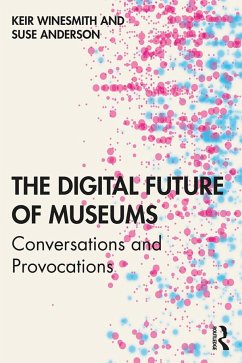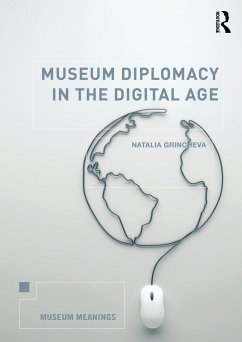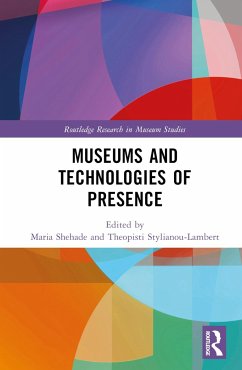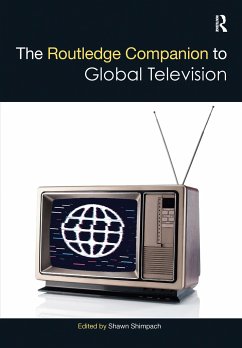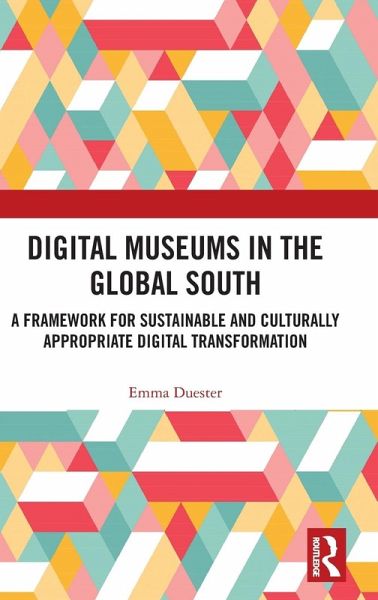
Digital Museums in the Global South
A Framework for Sustainable and Culturally Appropriate Digital Transformation
Versandkostenfrei!
Versandfertig in 6-10 Tagen
144,99 €
inkl. MwSt.
Weitere Ausgaben:

PAYBACK Punkte
72 °P sammeln!
This book focuses on digital museums in the context of Vietnam and contributes to global discussions on the development of digital museum offerings needed to meet audience demands, requirements for sustainable digitisation methods for cultural heritage, demands for the development of intellectual property protection for the digital environment, and shows ways for national governments to support digital museums.Duester provides insight into museums in part of the Global South, where infrastructure funding and technical and human resource constraints impact the take-up and display of digital con...
This book focuses on digital museums in the context of Vietnam and contributes to global discussions on the development of digital museum offerings needed to meet audience demands, requirements for sustainable digitisation methods for cultural heritage, demands for the development of intellectual property protection for the digital environment, and shows ways for national governments to support digital museums.
Duester provides insight into museums in part of the Global South, where infrastructure funding and technical and human resource constraints impact the take-up and display of digital content. With on-the-ground research from three Vietnamese museums, Duester argues for a museum framework that is sustainable, ethical, and culturally appropriate. The Vietnamese government's strategy for digitalisation of culture, heritage, and museums is assessed, and the book includes a list of recommendations on sustainable digitisation methods, intellectual property protection measures for the digital environment, management, phygital business models, and new digital revenue streams.
The volume will benefit scholars involved in the cultural and creative industries, as well as museum professionals and cultural policymakers who will value the book's assessment of international standards, treaties, and conventions on copyright law and how they apply to museums, as well as the recommendations listed above.
Duester provides insight into museums in part of the Global South, where infrastructure funding and technical and human resource constraints impact the take-up and display of digital content. With on-the-ground research from three Vietnamese museums, Duester argues for a museum framework that is sustainable, ethical, and culturally appropriate. The Vietnamese government's strategy for digitalisation of culture, heritage, and museums is assessed, and the book includes a list of recommendations on sustainable digitisation methods, intellectual property protection measures for the digital environment, management, phygital business models, and new digital revenue streams.
The volume will benefit scholars involved in the cultural and creative industries, as well as museum professionals and cultural policymakers who will value the book's assessment of international standards, treaties, and conventions on copyright law and how they apply to museums, as well as the recommendations listed above.





